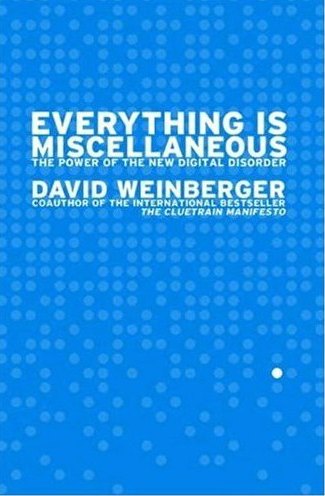 I love when a topic from two seemingly different classes come together.
I love when a topic from two seemingly different classes come together.Reduce by one-third the number of opinions you feel obligated to have.
One of the reasons many people are addicted to watching TV news is that they feel under pressure to have an opinion on almost everything. Middle-class people, at least those who are college educated, seem especially burdened by an unrealistic and slightly ridiculous obligation to have a ready-made opinion on any matter. For example, suppose you are attending a dinner party and someone asks you if you think the earth is undergoing permanent warming as a result of the depletion of the ozone layer. You are expected to say something like, "Absolutely. In fact, I heard a discussion of this one 'Nightline' last Thursday, and it looks as if we're in for devastation climatic changes." The fact is that you really don't know much about this matter, and "Nightline" only provides the most rudimentary and fragmented information about anything. Wouldn't it be liberating to be able to say when asked such a question, "I have no opinion on this since I know practically nothing about it"? Of course, we realize that if you gave such an answer five or six times during the course of a dinner party, you would probably not be asked back. But that would be a small price to pay for relieving yourself of the strain of storing thirty-two half-baked opinions to be retrieved at a moment's notice. (How to Watch TV News)
"We need a corpus of people who consider that it is important to take a serious and professional crude look at the whole system," says Gell-Mann. "It has to be a crude look, because you will never master every part or every interconnection. You would think most journalists would do this. But they don't. Unfortunately, in a great many places in our society, including academia and most bureaucracies, prestige accrues principally to those who study carefully some [narrow] aspect of a problem, a trade, a technology, or a culture, while discussion of the big picture is relegated to cocktail party conversation." (The Lexus and the Olive Tree)
I came across this book while looking for stuff for my group project on new communication technology and privacy: Everything is Miscellaneous by David Weinberger. It totally makes sense that we have a total glut of information with globalization and postmodernism. Globalization has expanded our world to incorporate everything and postmodernism tells us that (because nothing has intrinsic meaning or value) it's all worth the same. Everything is miscellaneous.
I came across this book while looking for stuff for my group project on new communication technology and privacy: Everything is Miscellaneous by David Weinberger. It totally makes sense that we have a total glut of information with globalization and postmodernism. Globalization has expanded our world to incorporate everything and postmodernism tells us that (because nothing has intrinsic meaning or value) it's all worth the same. Everything is miscellaneous.
i want to read this book but i'm too busy trying to have an opinion on everything. i might just read the back cover and bring up this concept in casual conversation so I look smart!
ReplyDeletebut seriously, i'm gonna read this.